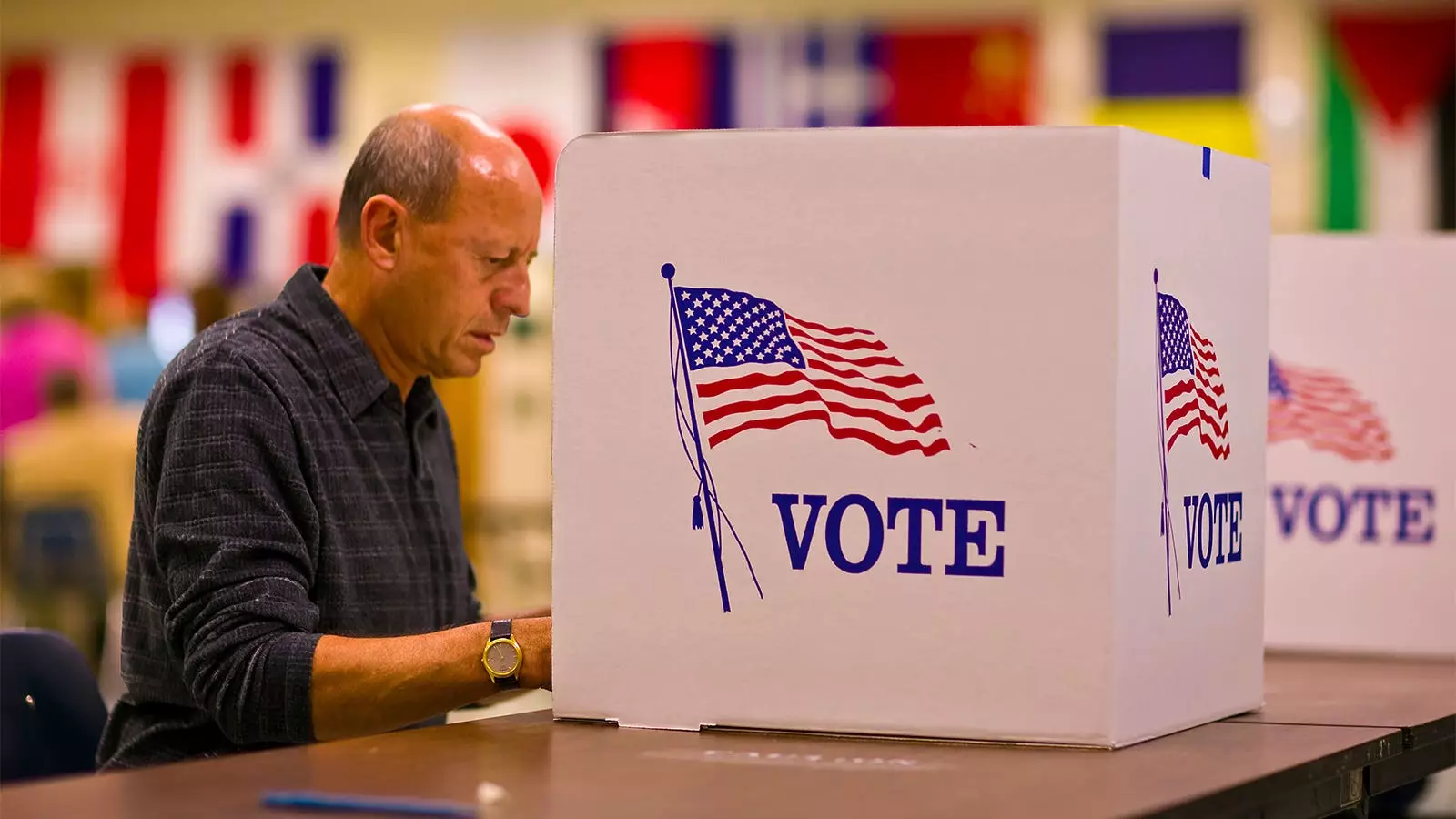As a hospice social worker and death doula, my career has been shaped significantly by the countless conversations I’ve had with individuals nearing the end of their lives. These moments, often filled with profound insights and poignant reflections, have educated me about vital aspects of living. The regrets expressed by those facing death often focus on what truly matters: connections, compassion, and care for one another. As we approach a critical election year in a deeply polarized political landscape, I believe these reflections could serve as a powerful lens through which to evaluate our candidates and the policies they represent.
Deathbed reflections are raw and revealing. I began this journey nearly three decades ago after earning my Master of Social Work degree from the University of Southern California. In my early 30s, I visited families from diverse backgrounds across Los Angeles County, learning valuable lessons from their experiences. As they shared their vulnerabilities, many urged me to prioritize relationships and societal well-being over material gains. The pervasive theme among many was the realization that life is too short to pursue wealth at the expense of love and community.
The majority of individuals I have encountered shared a common regret: they felt they had prioritized work over family and personal happiness. The crushing demands of the modern world often led to a neglect of what matters most. Their sorrow over not taking vacations or missing out on family milestones was palpable. This regret is not just personal; it often reflects broader cultural values that equate worth with productivity and financial success.
Moreover, some individuals expressed deep remorse over their neglect for their health, recognizing that financial constraints obstructed their access to medical care. The fear of incurring debt led many to postpone seeking treatment, culminating in dire consequences. This raises critical questions about the healthcare system we currently uphold and whether our political candidates are equipped to address these systemic issues. As we assess those vying for office, we must consider whose needs they prioritize—those of the wealthy or the collective needs of society.
Another startling regret often articulated was rooted in the pursuit of power and influence. Many realized too late that their efforts to climb the corporate ladder led to destructive policies that harmed employees and communities. This prompted reflections on the ethical responsibilities of leaders in any sphere, especially when it comes to ensuring the well-being of their constituents. The relentless chase for profit frequently led to overlooking the humanity of others—a lesson that grows increasingly crucial as we evaluate our political leaders today.
As a participant in this election year, I find the lessons imparted by the dying to be invaluable. By adopting a “deathbed regrets voter guide,” we can shift our focus from partisan rhetoric to the fundamental human needs that underlie our society. What are the candidates proposing regarding food, healthcare, housing, and education—basic rights that should be accessible to all? Do they genuinely prioritize the welfare of their constituents over ambitions for personal power and prestige?
Our selections at the polls also reflect our societal values. Are we endorsing candidates who promote economic growth at the expense of well-being? Or are we supporting those who strive to create environments where individuals can thrive? It is essential to assess whether candidates propose policies that will ensure fair wages, time off for families, and comprehensive healthcare. We must advocate for a political landscape that recognizes and addresses the real issues faced by everyday citizens, often champions of societal compassion.
The insights from the dying push us to consider the larger implications of our political decisions. We must ask ourselves: Who do we want to be as a nation? The lessons learned from my clients illustrate the importance of empathy and human connection, values that should inform our electoral choices. As we prepare to cast our votes, let us honor the voices of those who have shared their regrets and wisdom with us. By doing so, we can shape a future that prioritizes compassion and the welfare of all citizens, rather than one that merely sustains the status quo.
In essence, engaging with these reflections is not merely an exercise in personal benefit; it’s a way of honoring the lived experiences of others. When we step into the voting booth, it is crucial to remember that our choices echo far beyond our individual lives; they have the power to craft a more humane society. Let the lessons of the dying guide us towards making informed and heartfelt decisions this election season.

